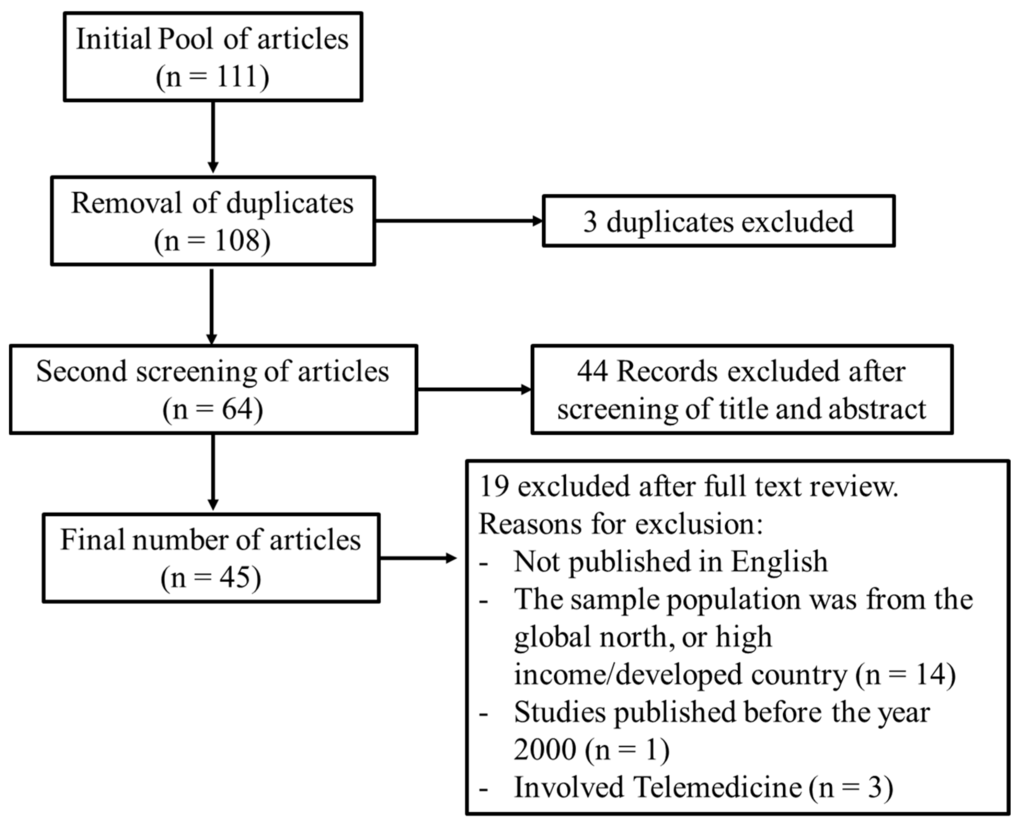Community-Based Rehabilitation and Community Rehabilitation
A topical collection in Societies (ISSN 2075-4698).
Viewed by 7928Editor
Interests: community empowerment; technology governance; disability studies; ability studies; ethics; sustainability; health systems; ecohealth
Special Issues, Collections and Topics in MDPI journals
Topical Collection Information
Dear Colleagues,
Community-based Rehabilitation (CBR) and Community Rehabilitation (CR) are two approaches that are similar in many aspects, but which differ in other aspects. This Special Issue invites theoretical and empirical papers that identify emerging and still persistent challenges for CBR and CR on conceptual, implementation, and stakeholder dynamic levels. A recent CBR matrix http://www.who.int/disabilities/cbr/cbr_matrix_11.10.pdf highlighted various aspects of CBR.
This Special Issue seeks authors to engage with CBR and CR through topics reflected in the education, livelihood, social, and empowerment pillars of the CBR matrix. Alternatively, the issue seeks papers concerning assistive devices and how they play out within the non-health pillars of the CBR matrix.
Papers that engage with CBR/CR through the lens of other discourses, such as disability studies, governance of technologies, occupational justice, occupational satisfaction, occupational sustainability, the Post-2015 development agenda, sustainability, eco-health, care ethics (and other ethics theories), cultural competency, global north-global south interaction, and various social theories (such as value, labeling, conflict, choice, identity, motivational, achievement, goal, self-determination, neo-institutional, body theories and social constructivism theories) are especially encouraged.
Prof. Dr. Gregor Wolbring
Collection Editor
Manuscript Submission Information
Manuscripts should be submitted online at www.mdpi.com by registering and logging in to this website. Once you are registered, click here to go to the submission form. Manuscripts can be submitted until the deadline. All papers will be peer-reviewed. Accepted papers will be published continuously in the journal (as soon as accepted) and will be listed together on the collection website. Research articles, review articles as well as short communications are invited. For planned papers, a title and short abstract (about 100 words) can be sent to the Editorial Office for announcement on this website.
Submitted manuscripts should not have been published previously, nor be under consideration for publication elsewhere (except conference proceedings papers). All manuscripts are thoroughly refereed through a double-blind peer-review process. A guide for authors and other relevant information for submission of manuscripts is available on the Instructions for Authors page. Societies is an international peer-reviewed open access monthly journal published by MDPI.
Please visit the Instructions for Authors page before submitting a manuscript. Submitted papers should be well formatted and use good English. Authors may use MDPI's English editing service prior to publication or during author revisions.
Keywords
- community-based Rehabilitation
- community Rehabilitation
- service providers
- disability Studies
- ability Studies
- families
- social theories
- occupational justice
- global south/global north
- ethics






